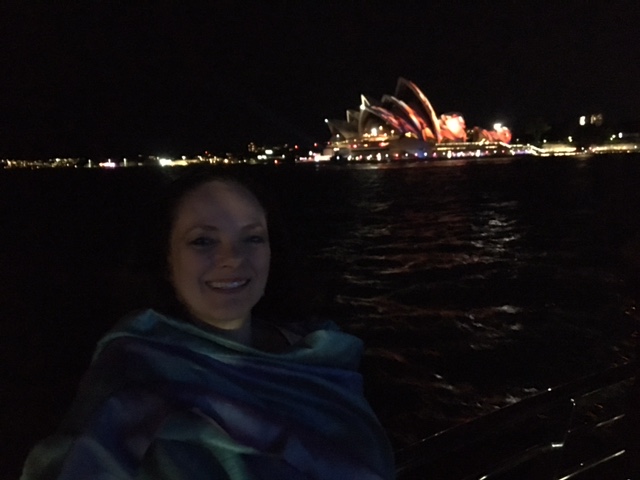The 14th Annual conference of the International Association for Relational Psychoanalysis (IARPP) in Sydney, Australia, entitled "From the Margins to the Center", which ended last Sunday, was a great success. The conference was a truly moving experience that was most poignant because of an unusual level of authenticity and genuine sharing of personal experiences combined with remarkably thoughtful theoretical contemplation. Most moving was the welcoming attitude of the Aborigine Australians, and the respectful acknowledgement, by their white compatriots, of the injustices suffered by them, and the mutual wish to work together to repair the damage. These were addressed in the first plenary session by several participants on the panel and most poignantly by Graham Toomey, who spoke of his struggles with his identity as the son of an Aborigine father and a white mother, and by his brother, Brendan Kerin, who played the Digeridoo, an ancient Aborigine instrument, which seems to evoke the deepest sounds and rhythms of the human soul. Truly consistent with the relational perspective on the mutual contribution and reciprocal influence of the two participants in any psychotherapeutic pair, many of the presentations had a tender and honest quality as therapists discussed the influence of their own background, family history, color, race, LGBT and other dimensions of personal experiences on their work.
My own presentation, focused on the effects of parental Holocaust trauma on the relationships between adult siblings was accepted with much appreciation and interest, and a request for a future seminar in Sydney dedicated to and expansion of the topic. As is often the case, many participants shared, during my presentation and afterwards in private conversation, that they have troubled relationships with their siblings, or even complete cut-off in the relationship, and they never thought of this as anything other than a specific and unfortunate personal problem. Hearing that this painful aspect of family dynamics might be a more common problem that is related to the way each sibling struggles with the unique characteristics of parental trauma and its expression in family life was somewhat liberating and alleviated some of the negative feelings associated with the difficult sibling relationships.
I found the final session immensely moving, with several esteemed panelists, including Joyce Slochower, Barbara Pizer and Stuart Pizer from the USA who candidly and brilliantly addressed their own experiences of aging. Lynne Segal from the UK gave a piercing review of aging, and especially of issues related to desire and sexuality in older women and men, as these issues are reflected in literature. In between there were many meaningful sessions, honestly and openly addressing the most problematic aspects of psychotherapy and its challenges.
Luckily, the conference took place at the time of the VIVID Sydney light show, illuminating the Sydney harbor in the evenings in magically colorful, shifting patterns. Having made it so far, to the other side of the globe, I am now enjoying a taste of the Great Barrier Reef, the rain forest and the Australian outback!
Irit Felsen


Leave a Reply